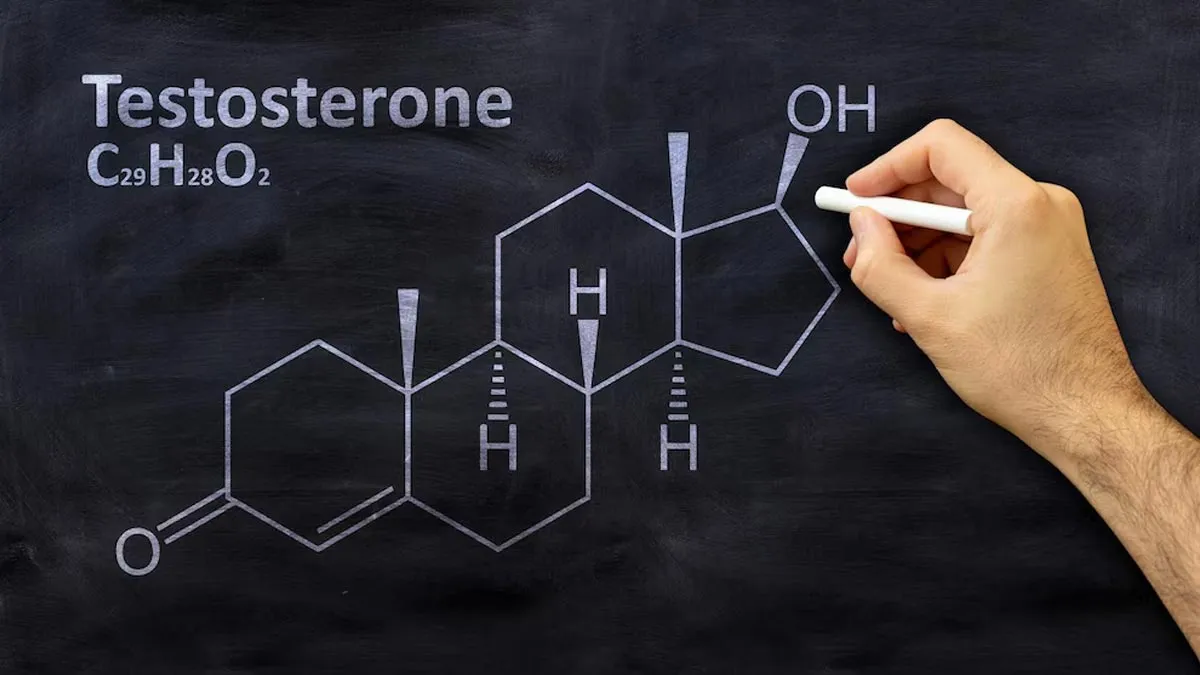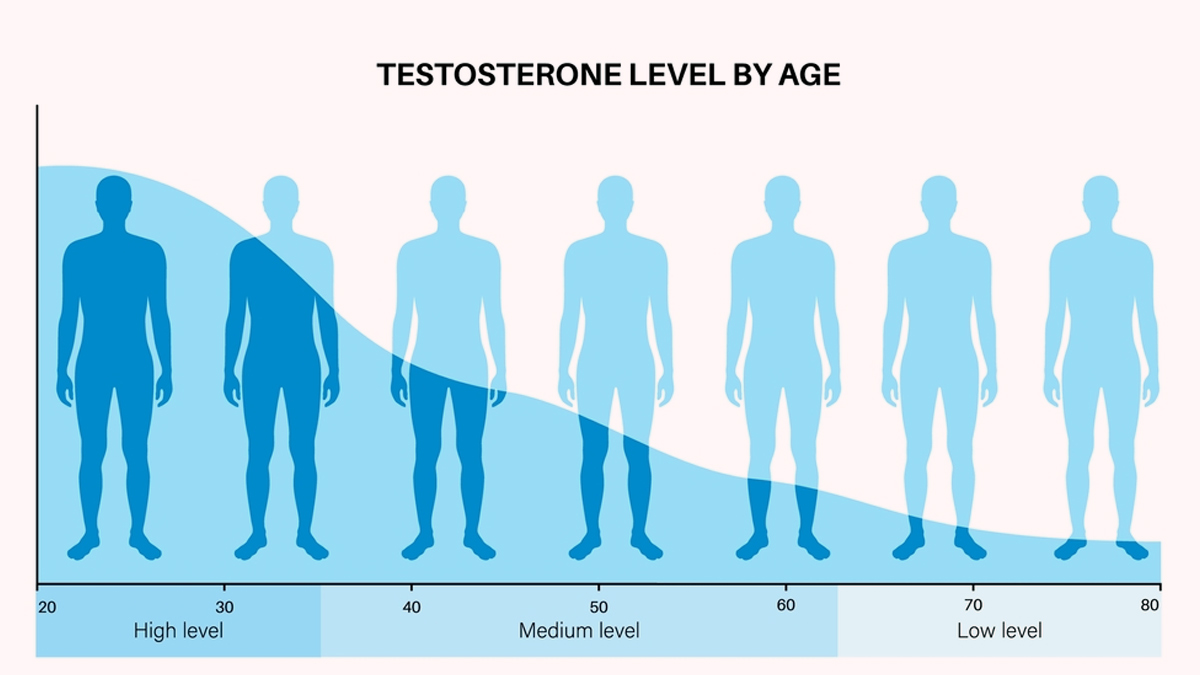
In recent years, there has been a noticeable decline in men’s testosterone levels, sparking significant concern among health experts and researchers. This troubling trend is attributed to a variety of factors, including environmental influences, lifestyle habits, and overall health conditions. It is essential to understand the vital role that testosterone plays in the male body, as well as the various factors that can disrupt its natural balance.
Table of Content:-
We spoke to our expert Dr Vikas Yadav, Senior Consultant - Department of Obstetrics & Gynecology & IVF Specialist ShardaCare Health City - Greater Noida to gain insight into these issues, so that we can better address the challenges posed by declining testosterone levels, sperm quality, and ultimately promoting better male reproductive health and overall well-being.
What Is Testosterone?
According to Harvard Health, testosterone is a steroid hormone primarily produced in the testes and is pivotal in regulating various functions in the male body. It plays a key role in the development of male reproductive tissues, the production of sperm, and the maintenance of secondary sexual characteristics such as muscle mass and body hair.

Beyond its reproductive functions, testosterone also influences mood, energy levels, bone density, and fat distribution. A healthy testosterone level is essential not only for fertility but for overall well-being.
Also Read: Testosterone And Ageing: Expert Explains How Hormonal Changes Affect Men's Health
Expert Explains The Reason Behind Decline In Testosterone Levels
Recent studies have indicated that sperm counts in men have declined significantly over the past few decades, with some reports noting a drop of nearly 50% since the 1970s. "Concurrently, testosterone levels are also decreasing, particularly in younger men. This decline can be attributed to a multitude of factors, many of which are rooted in modern lifestyle choices and environmental exposures," Dr Yadav explained.
Factors Contributing to Testosterone Decline
1. Stress
According to a report titled under 'Stress management' published in Mayo Clinic, "Chronic stress has a profound impact on hormone levels, leading to increased production of cortisol, a hormone that can inhibit testosterone production thereby affecting libido and overall reproductive health."

2. Obesity
As per a study published in Asian Journal of Andrology, excess body fat, particularly around the abdomen, is linked to lower testosterone levels. Fat tissue can convert testosterone into oestrogen, further exacerbating hormonal imbalances, the study stated. Additionally, "Obesity is often associated with various health conditions that can impede fertility," Dr Yadav added.
3. Sleep Deprivation
According to experts, quality sleep is critical for hormone regulation. Disrupted or insufficient sleep can lead to lower testosterone production, negatively impacting both sperm count and overall health.
4. Endocrine Disruptors
"A significant aspect of the declining testosterone levels and sperm counts is the exposure to environmental contaminants," Dr Yadav suggested. In simpler terms, chemicals found in plastics, pesticides, and personal care products can act as endocrine disruptors, interfering with hormone production and regulation. "These substances can mimic or block the effects of hormones, leading to detrimental changes in reproductive health," he shared.
The Importance of Balance
The implications of declining testosterone and sperm counts extend beyond fertility. Hormonal imbalances can affect mood, energy levels, and overall quality of life. This emphasises the importance of adopting a more balanced lifestyle that prioritises physical health, mental well-being, and environmental consciousness.
Tips to Combat Testosterone Decline
To combat the declining trends in male fertility and testosterone levels, men are encouraged to take proactive steps. We asked Dr Yadav to share a few tips. These may include:
Regular checkups
Stress management
Healthy diet
Physical activity
Environmental awareness
Conclusion
The decline in testosterone levels in men is a complex issue influenced by an array of factors. Hence, it is important to understand these dynamics in making informed choices. Take mindful steps towards improving your reproductive health and overall quality of life. Remember, prioritising health and well-being today can lead to a healthier tomorrow for both individuals and future generations!
Also watch this video
Read Next
Testosterone Replacement Therapy: Expert Lists Benefits, Risks, And What Ageing Men Should Know
How we keep this article up to date:
We work with experts and keep a close eye on the latest in health and wellness. Whenever there is a new research or helpful information, we update our articles with accurate and useful advice.
Current Version